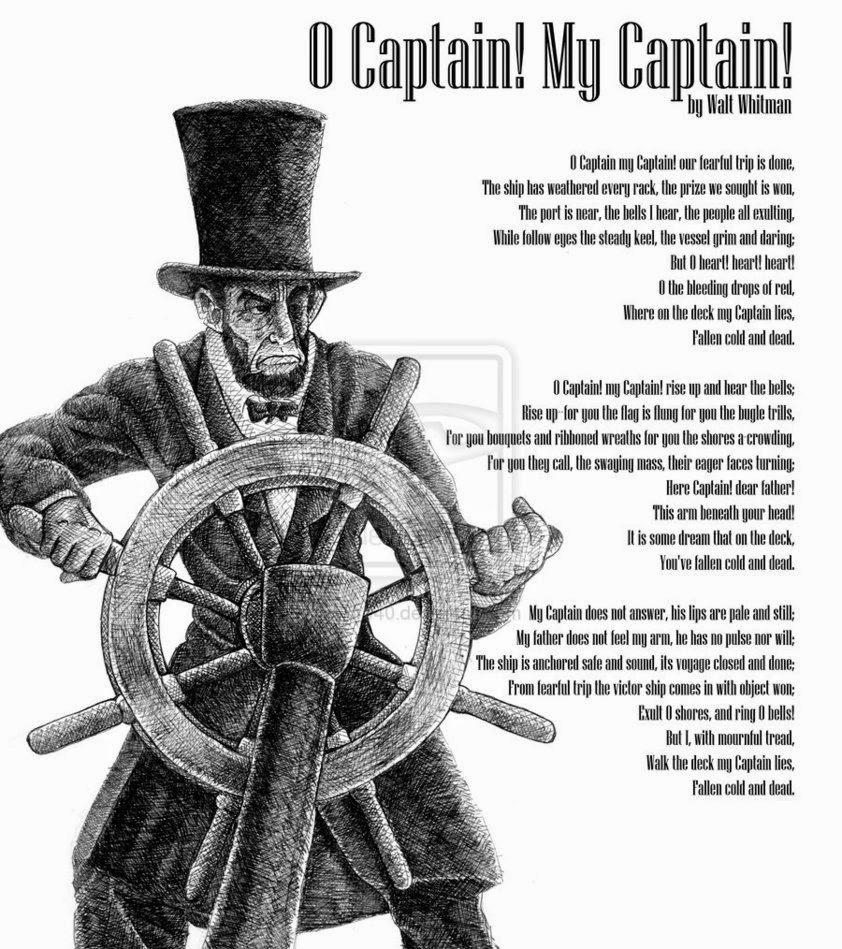
Over time, different countries adopted aspects of the Rolls for their admiralty law. Based on the Rolls of Oleron, the rules mostly addressed commercial concerns like the condition of cargo. The concept that a ship’s master has specific duties was popularized in Britain by Eleanor of Acquitaine around 1160, after she had become the Queen of England. John’s University School of Law in New York. “It’s based on the sailor’s honor code,” said Luca C.M. A version of the statute was used to convict a seaman in the 19th century who abandoned 31 passengers aboard a sinking ship on its way to Philadelphia from Liverpool. law that appears to take on the act of leaving a ship before passengers and crew is seaman’s manslaughter, which criminalizes a captain’s misconduct or negligence that result in deaths. The Westlaw online legal research service shows the phrase “abandon ship” turned up 618 decisions but none addressed a captain’s decision to leave a ship before his passengers. In the United States, the rule that a captain should be the last to leave a distressed ship is not a criminal offense. television show Gilligan’s Island theme song, with the lyric, “If not for the courage of the fearless crew, The Minnow would be lost!”

DOES THE CAPTAIN GO DOWN WITH THE SHIP CODE
The sailor’s code that’s developed from the rolls - or rules - has been celebrated in everything from Conrad’s Lord Jim, about a young seaman who abandons a ship in distress, to the 1960s U.S.

Italian maritime code criminalizes the act of abandoning ship and Schettino was placed under house arrest, accused of causing the disaster and then jumping ship before the evacuation was complete.Ĭountries have adopted different maritime codes over the centuries and the responsibilities of a captain can be traced to a 12th century French document called the Rolls of Oleron, which established the first known outlines of maritime law. Captain Francesco Schettino is seen in this undated file photo released on January 18, 2012.


 0 kommentar(er)
0 kommentar(er)
